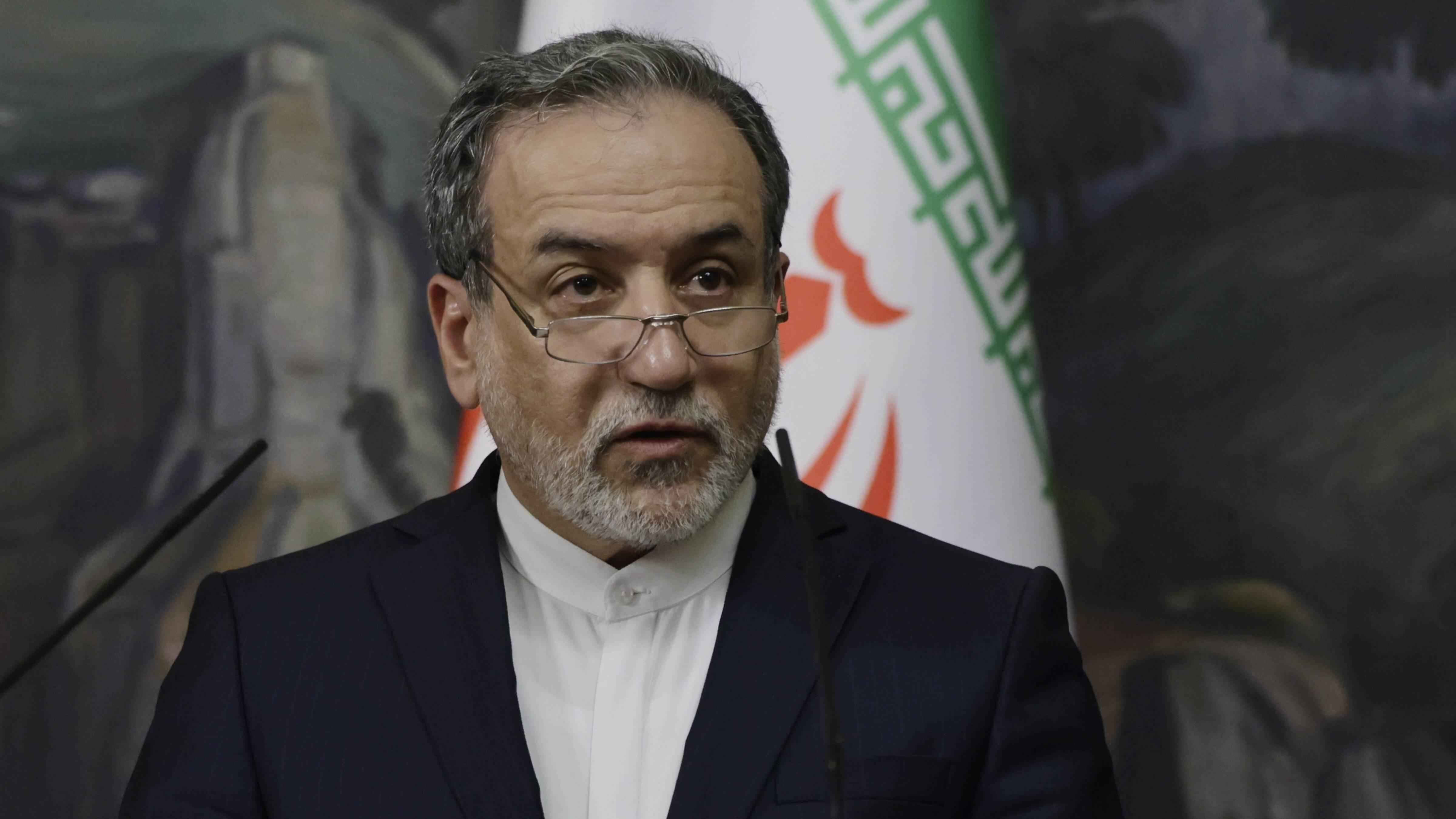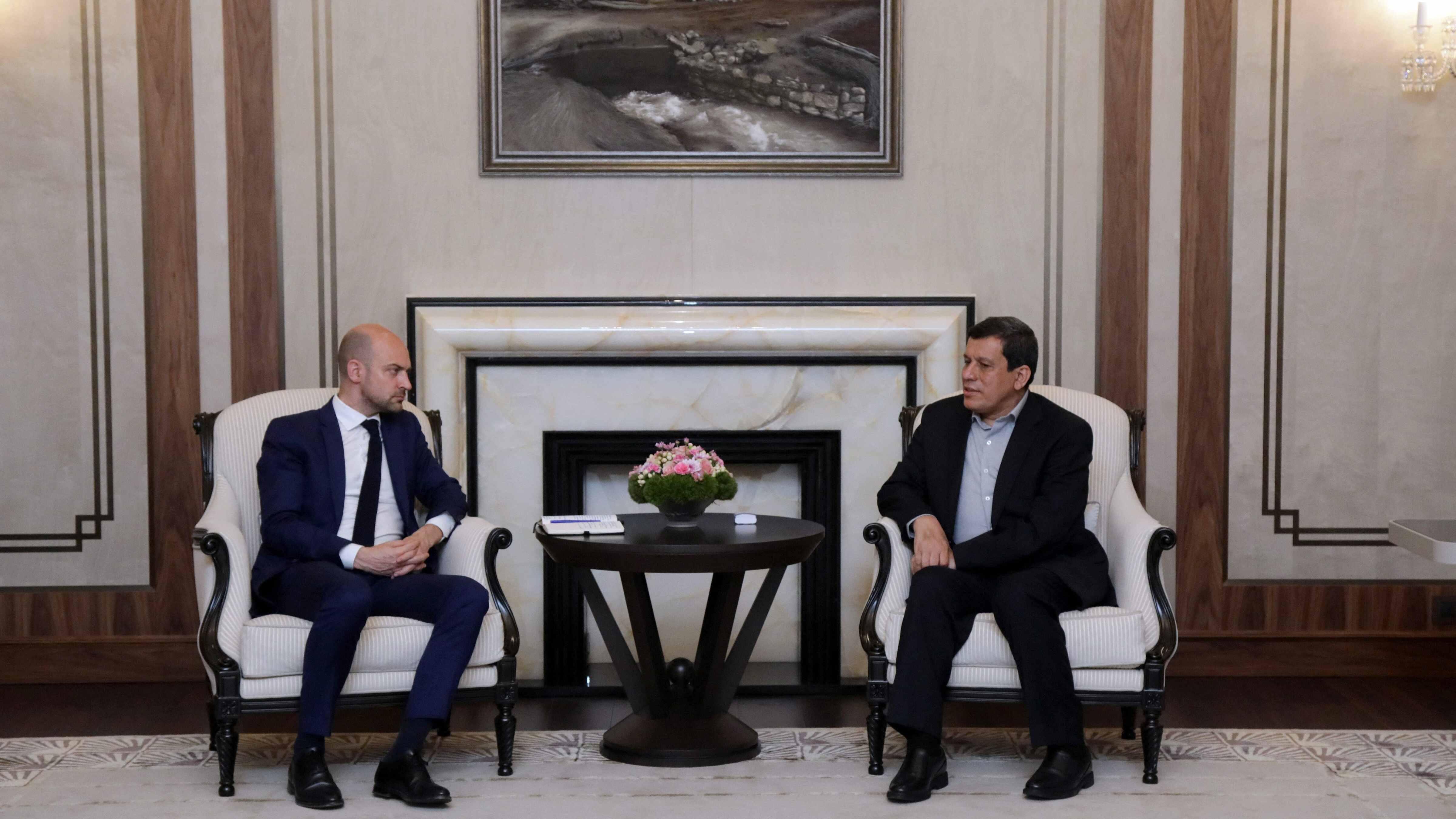New military, new Turkey
The resignation of Turkey’s top military brass July 29 was a momentous shift, aligning the military with the Justice and Development Party, or AKP, government that came to power in 2002.
For the past decade, a military vs. AKP dichotomy has shaped most analysis on Turkey. A new framework seems necessary now.
Policy differences between the AKP and the military leadership will now melt away, with the two joining around a nationalist foreign-policy line. In this regard, the governing party and the military will coalesce around the AKP’s foreign-policy doctrine, containing a nativist streak that the AKP has implemented to make the country a regional power.
Accordingly, there will be close cooperation between the government and the military on key foreign-policy issues, ranging from Cyprus to ties with Israel, and to handling the crisis in Syria.
On Cyprus, abandoning its erstwhile attitude on the issue of the divided island, the AKP will increasingly confront the Greek Cypriots on oil and gas exploration and drilling projects in the Eastern Mediterranean. Whereas Greek Cypriots are proceeding with plans to issue licenses to international companies for oil or gas exploration in the Eastern Mediterranean, Turkey objects to this, claiming that this violates international law.
In one of the latest statements along this line, Turkish Foreign Minister Ahmet Davutoğlu warned the Greek Cypriots on Aug. 5 that if exploratory drilling goes ahead, Turkey would react with the “necessary response” against such an action.
A recalcitrant tone on the Cyprus issue chimes well with the military, but would be a further block to Turkey’s European Union accession process by providing fodder to those countries, such as France, that object to Ankara’s EU membership.
Given that the drive toward EU membership has almost entirely died in Turkey – more Romanians (61 percent) support Turkey’s EU entry than do Turks (42 percent), according to a 2011 Eurobarometer poll – rising tensions with the Greek Cypriots, who will take over the EU’s rotating presidency in July 2012, might serve as the effective death knell of Turkey’s EU negotiations process.
On a variety of other foreign-policy issues, the AKP is likely to take the lead, with the military following, along a nationalist stance.
Thus, Turkey’s policy on Syria will be determined by the AKP, hardening along the way, with the military helping in the execution of this policy. Along these lines, even though unrest in Syria should help align threat perceptions in Turkey and Israel, mutual ties, in a downward spiral since the Israel’s May 31, 2010, attack on a Gaza-bound aid flotilla killed nine Turks, will remain tense, with the government pursuing a policy of cold peace with Israel, and the military moving along these lines.
On the domestic front there will also be close alignment in the security realm. With terror attacks by the outlawed Kurdistan Workers’ Party, or PKK, on the rise, the AKP and the new military will pursue closer cooperation against the PKK, including likely potential attacks against the group’s bases in northern Iraq. Given the deteriorating relations between the AKP and the pro-Kurdish Peace and Democracy Party, or BDP, a group that has open sympathies for the PKK, the AKP will push back against the PKK, providing the military with political support for kinetic action to this end.
As it leads on foreign-policy issues, the AKP might even leave domestic security to the military, with the fight against the PKK becoming the military’s chief mission.
Since 2002, Turkey has been at a turning point in terms of its politics. While the country has been experiencing bumper economic growth and a gradual, if zigzagging, ascent to regional power status, the AKP has emerged as the country’s dominant political force. With the unceremonious removal of what was considered a political check and balance, the military, from politics, the AKP’s preponderance in Turkish politics may have reached its zenith.
* A longer version of this column appeared in Jane’s Islamic Affairs Analyst on Aug. 18. Ata Akiner recently completed his master’s degree at the University of Cambridge and is a freelance researcher.










